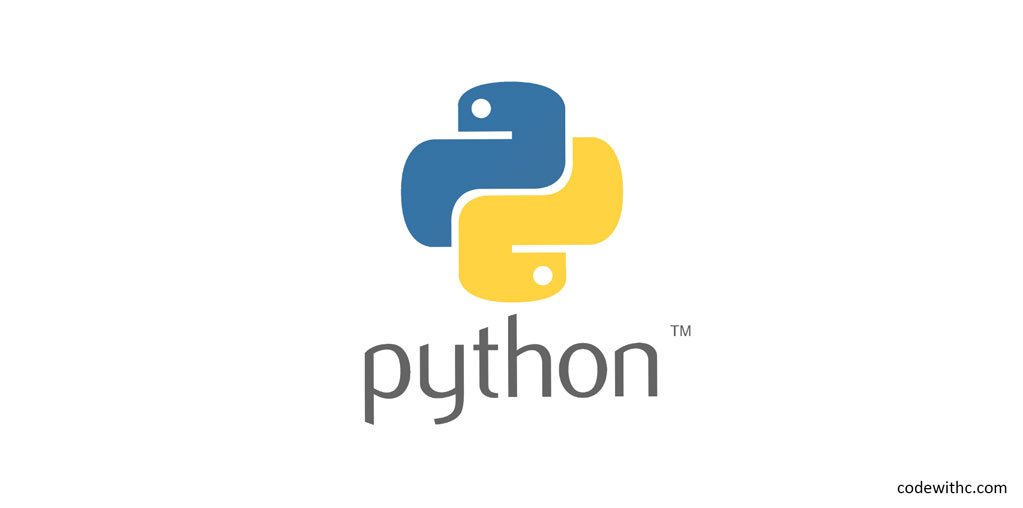Python Program to Alter Iterator. Do you know what is the iterator? If you don’t know then you need to read this article. I have tried to write the python program that will alter the iterator. You can try it for yourself, I am sure you will love it.
When you write a program, you will get stuck in some point. You might be thinking how can I do the same thing in a different way. You can either change the logic of the existing code or write a new code, but this will consume your time.
Iteration in programming, as it is the core concept of any programming language. Iteration in Python means the execution of code until a certain condition is satisfied. So, the execution of code will be repeated until the specified condition is true.
Python Program to Alter Iterator
In this article, we will discuss the Python iterator which will help you to write the same program in a different way.
What is an Iterator?
An Iterator is a special type of function which will return the next value after calling the function. It is used in functional programming.
What is the use of Iterator?
You might be wondering why you need an iterator in a program. Well, it is a great solution to handle large data sets. Suppose you have a list of values in the order of the number of elements, then you can simply iterate it and get the next element.
what is the difference between a normal loop and an iterator?
A normal loop will run the code in the loop and if you break the loop then the whole execution will stop. Whereas, the iterator will return a single value and it will continue to work until you are done with all the values in the list.
How it works?
Well, you can think of the iterator as of a pointer. It is like the pointer to the start of the first element in the list. It is like a pointer which points to the first element and then the pointer moves to the next element.
Iteration is the process where the execution of code is repeated until the condition is true, and Python iterators are the tools that help you to perform this iteration. So, in order to understand this concept, let’s have a look at an example.
Example – 1:
The above example shows how the Python program can iterate until the specified condition is met. In this case, the while loop is used for that purpose. So, the execution of the Python code will continue until the condition is false.
But what if the condition is true only once? Let’s try to understand this concept using a simple example.
Example – 2:
In the above example, we can observe that the print statement is executed only once because the if condition is true only once.
But what if we want to execute a block of code multiple times? We can use the while loop and define the condition inside it.
Example – 3:
We can also use the while loop and define the condition inside it. In this example, the condition is used to stop the execution of the loop. So, the code will be executed only when the condition is true, and the condition is used to stop the execution of the loop.
from my_iterators import alter
for a in alter():
print(a)
if a >= 6:
break
# 1
#-2
# 3
#-4
# 5
#-6
# 7
Conclusion:
Python is one of the most popular programming languages and it is being used by many companies. So, if you are a beginner in Python and want to learn it in a better way then I would recommend you to read this blog. I have also shared with you some examples of the iterator.
